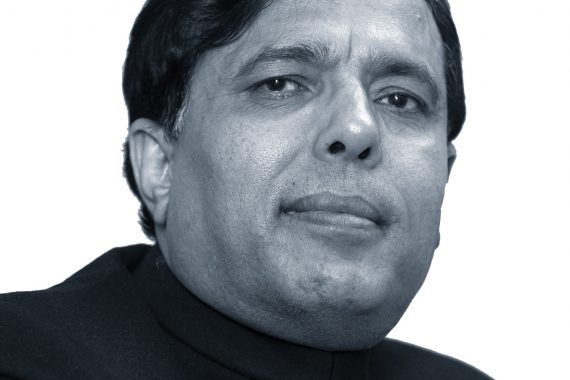A new analysis by the BMA has found that NHS England’s GP Forward View pledge to bring GP spending to 11% of the NHS budget will not be met, with the share to stand at just 8.4% by 2020/21.
Last year when GP Forward View (GPFV) was published, there was a degree of scepticism amongst many GP I spoke to. GPs have seen promises and pledges rolling off the political conveyer belt only to find they end up being empty. The trick of recycling money for announcement after announcement has worn down the goodwill of many doctors and patients to the point where cynicism is understandable. A repeated commitment by Hunt & Co to restore an adequately resourced national GP service is proving to be just a political gimmick.
The GPFV report by NHS England chief executive Simon Stevens promised a series of measures aimed at tackling the mounting crisis of workforce, investment and workload. It promised to increase funding for general practice that would bring it back to roughly the 11% level that it had been for much of the last decade. In addition to this, it promised plans for an expanded workforce, to tackle the avalanche of paperwork and a rescue package for practices facing collapse.
It also promised support to GPs who are buckling under this strain, with services to tackle burnout and stress, as well as providing practices with a range of other professionals, such as the 1,500 new pharmacists working in practices to share some of the workload on overstretched GPs. It contained desperately needed proposals to empower patients to play their part in appropriate use of GP services, with a national commitment to self-care.
But has anything materialised? Sadly nothing! Instead, there is plenty of evidence that GP services have sunk to a low ebb. The NHS now has the distinction of having the most stressed GPs by western standards, as a result of relentless workloads, endless bureaucracy and the shortest amount of time spent with patients.
GPs and their staff are working harder than ever before and this relentless pressure is taking its toll. A recent BMA survey showed that almost nine of out ten GP practices felt that the sheer amount of pressure they are under is having a detrimental effect on the service they give to the public, while up to a third of GPs are planning to desert the NHS in the next five years. More than 300 GP practices across England recently reported to the BMA that they felt their long term financial prospects were bleak and they may well be forced to close, leaving tens of thousands of patients without a local GP practice.
Has anything materialised? Sadly nothing!
In this climate it is unsurprising that many of the next generation of doctors are turning their backs on a career as a GP, with more than 600 GP trainee vacancies left empty last year: exacerbating the problem as there are even fewer staff to deliver the appointments that our unhealthy, ageing, expanding population needs.
It appears that with the advent of new care models, such as devolution in Manchester, integrated care organisations (ICOs) and the development of accountable care organizations (ACOs), Mr Stevens’ GPFV, a proposed recipe for NHS’s ills, is redundant even before it has started working.
The gap between policy rhetoric and supply reality has never been starker. It is obvious the future of primary care services and GPs will be at the mercy of either local authorities or foundation trusts.
Dr Kailash Chand is a retired GP from Tameside and is honorary vice-president of the BMA
Pulse October survey
Take our July 2025 survey to potentially win £1.000 worth of tokens













